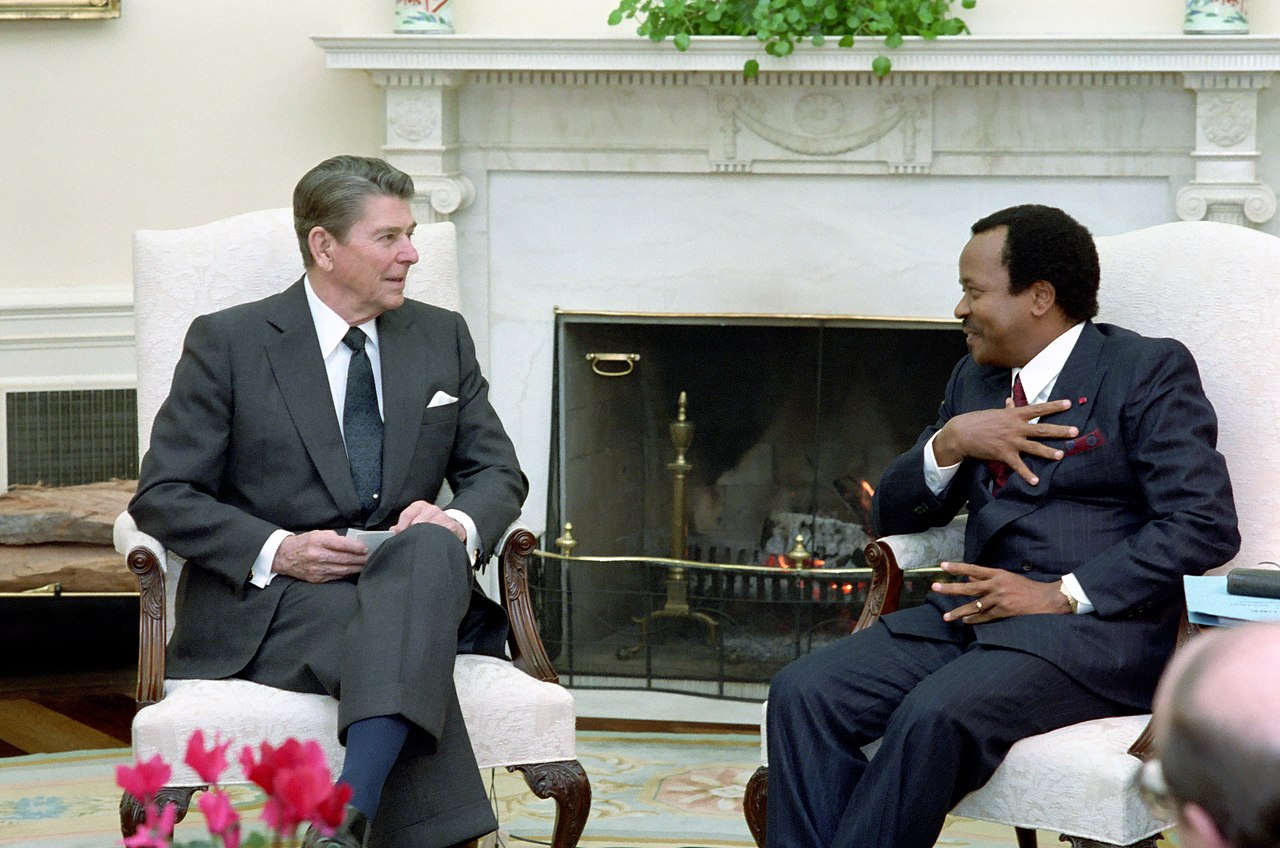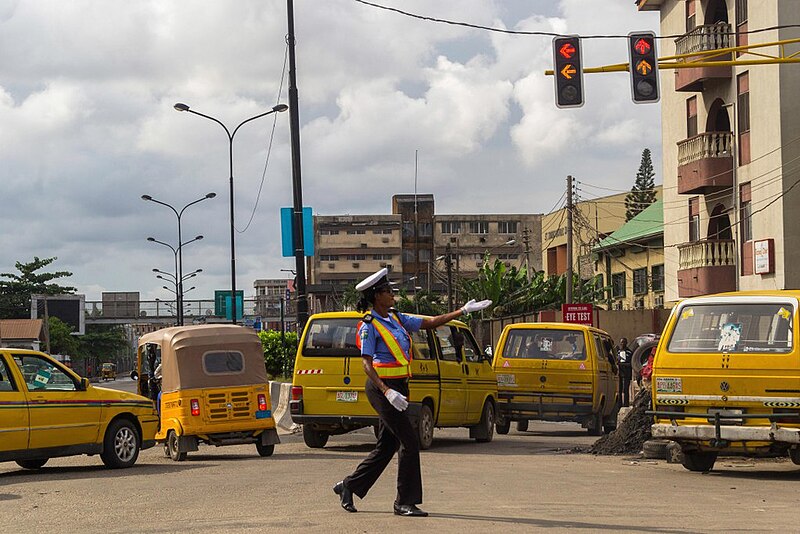Across West and Central Africa, the downward trajectory in political transformation continues. 16 out of the region’s 22 countries are now ruled by autocratic governments. Just four years ago, democracies had been in the majority. This regression is resulting from military coups in Burkina Faso, Guinea and Mali and from autocratization in Benin and Guinea-Bissau. Weaknesses of representation, unfair elections, as well as the restriction of freedom of expression in many countries are structural barriers for democratic progress.
All 22 countries have a limited or even very limited economic transformation status. Not a single has achieved a more advanced status. Heightened conflict intensity and massive structural constraints contribute significantly to poverty and inequality across the region. In states endowed with more abundant resources, patronage and clientelism hinder the effective utilization of resource revenues for socioeconomic development.
The security situation remains tense in several West and Central African states, imposing a substantial strain on governance capacities. Continued militarization within the region could potentially either help to stabilize the security situation or exacerbate existing tensions. Furthermore, the capacity of reform agents to manage a growing number of antidemocratic actors continues to be weak. Finally, anti-corruption efforts have seen little improvement in recent years. Clientelism and office abuse effectively block social progress.
Despite all the challenges and a growing dependence on foreign authoritarian countries, African actors are asserting themselves with greater vigor on the international stage, signaling a desire to act with greater autonomy and an aspiration to shape policies in a shifting global balance of power.
Matthias Basedau
Regional Coordinator West and Central Africa
Martin Welz
Regional Coordinator West and Central Africa

